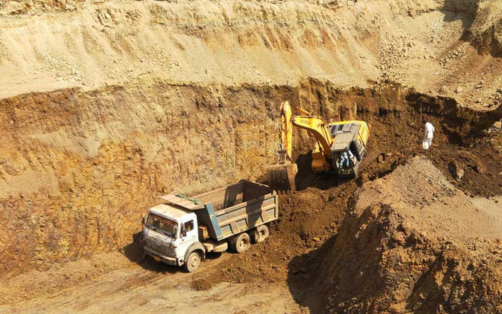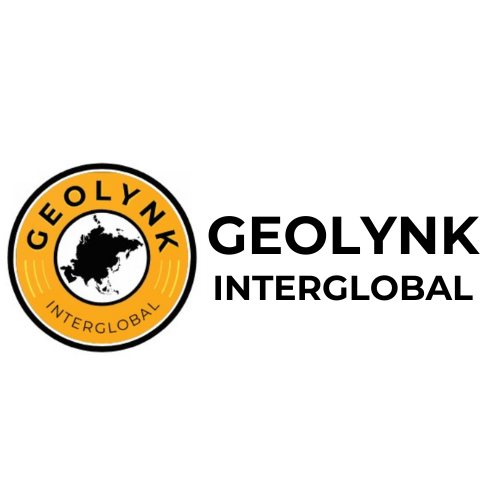Bentonite clay is an absorbent swelling clay primarily composed of montmorillonite, It typically forms from the weathering of volcanic ash in marine environments. The clay’s unique properties, such as high water absorption and swelling capacity, make it valuable across various industries, including drilling, construction, and cosmetics.
Specifications and Grades
Bentonite is categorized mainly into two grades based on the dominant cation:
-
Sodium Bentonite: Known for its high swelling capacity, it can absorb significant amounts of water, expanding up to eight times its original volume. This grade is commonly used in drilling muds, sealing applications, and as a binder in foundry sands.
-
Calcium Bentonite: This grade does not swell as much and is often used as an absorbent clay in products like cat litter and as a clarifying agent in food and beverages.
Bentonite varieties include:
-
Natural Sodium Bentonite: Ideal for applications requiring high absorbency and swelling.
-
Natural Calcium Bentonite: Often used in cosmetics and as a filler in various products.
-
Modified Bentonite: Treated to enhance specific properties for targeted applications.
Bentonite comes in lump, granuels and fine powder form in multiple grades.
-
The drilling or API grade : API-grade bentonite, specifically designed for use in drilling applications, possesses several key characteristics that make it suitable for various drilling fluid systems & comes in TAN color.
-
Cosmetics grade : It has low heavy metal content .Few of the characteristics of this grade are high absorbency ,oil removal, anti-inflammatory ,binding & thickening agent.it can be lighter in color and available in lump and fine powder form to get used in skincare products like paste, cream,powder etc.
-
Foundry grade : Its used for making molds and cores in metal casting processes due to its good flowability, compactability and thermal stability for production of high quality castings. Overall, bentonite’s versatility and unique characteristics contribute to its widespread use in multiple sectors.
Bentonite Applications:
-
Iron Ore Pelletisation
-
Foundry
-
Drilling
-
Paper Industry
-
Animal Feed
-
Fertiliser & Pesticide
-
Wine Industry
Bentonite clay is characterized by a range of specifications and parameters that determine its quality and suitability for various applications. Below are key specifications commonly associated with bentonite:
General Specifications
-
Moisture Content:10-13% (varies by grade)
-
pH Value:Typically ranges from 9 to 11
-
Free Swelling Value:25-35 ml (for 2 gm in 100 ml of water)
-
Methylene Blue Value (MB Value):Minimum of 370-390 mg/gm of clay
-
Green Compressive Strength:Minimum of 850-950 gm/cm²
-
Wet Tensile Strength:Ranges from 0.25 to 0.35 N/cm²
-
Loss on Ignition (LOI):8-10%
-
Durability:Minimum of 70% at 550°C for 30 minutes
-
Gelling Time:Instant
-
Passing through 200 mesh:Minimum of 85%
Chemical Composition
-
Silica (SiO2): 45-50%
-
Alumina (Al2O3): 16-20%
-
Iron (Fe2O3): 12-15%
-
Calcium (CaO): 1-2%
-
Magnesium (MgO): 2-3%
-
Sodium (Na2O): 2-3%
Thank you for considering GEOLYNK INTERGLOBAL. We look forward to serving you!



